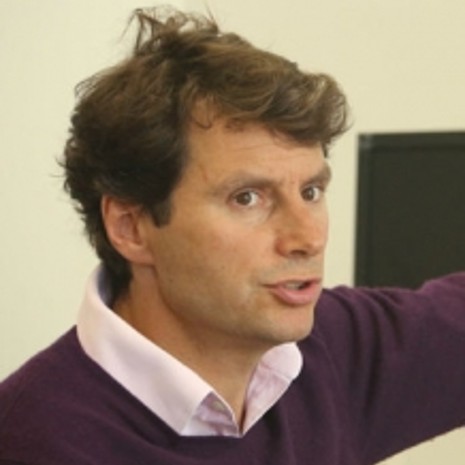ASPIRE Professional Recognition Pathway
Welcome to the ASPIRE Professional Recognition Pathway, the University of Exeter's experiential route to fellowship of the Higher Education Academy (now Advance HE). All key information for applicants, assessors, and mentors is found on our dedicated SharePoint site, but we’ve summarised key information below to help you navigate this and answer any initial questions.
Which levels of fellowship can I apply for?
There are four categories of fellowship available through the Professional Recognition Pathway:
- Associate Fellowship: is suitable for individuals whose effectiveness teaching and/or support of learning enables them to evidence some of the PSF 2023 dimensions.
- Fellowship: is for individuals whose effectiveness of practice in teaching and/or support of high-quality learning enables them to evidence all the PSF 2023 dimensions. Applicants are likely to be established members of one or more academic and/or academic-related teams. At Exeter, the PRP is the principal route to FHEA for colleagues in Professional Services, on Associate or Research only contracts, or for E&R or E&S Lecturers exempt from the otherwise mandatory Academic Professional Programme.
- Senior Fellowship: is suitable for individuals whose comprehensive understanding and effective practice provides a basis from which they have developed a 'sustained record of leading or influencing the practice of those who teach and/or support high quality learning', such as through the organisation, leadership and/or management of specific aspects of teaching and learning provision.
- Principal Fellowship: is suitable for highly experienced individuals who have a 'sustained and effective strategic leadership of higher education practice, with extensive impact on high-quality learning: within or beyond an institution, or across a discipline or profession'
To determine which category is best for you and your experience to date, use Advance HE’s Fellowship Category Tool.
Who is eligible to apply?
You’ll be eligible to make an application for fellowship via the PRP if:
- you've been working at the University of Exeter for nine months when you submit your application;
- you have:
- approximately three years' experience in HE for FHEA;
- at least three years’ experience in HE for SFHEA, including sustained experience influencing colleagues’ practice;
- typically three to five years of strategic impact for PFHEA.
How do I apply?
You can apply through either a written or dialogic submission in which you will reflect on your practice to date, demonstrate how you meet the descriptors of your chosen level of fellowship, and evidence the PSF 2023 against which our fellowships are currently accredited.
Under our new accreditation with Advance HE, we are moving to set submission points during the year. You can the full details of the submission deadlines for the next academic year on the ASPIRE PRP SharePoint site.
What support is on offer?
All applicants are required to engage with our asynchornous guidance resources and complete a readiness check as part of the application process. We also recommend that all applicants attend our regular Guidance Workshops, and we offer regular writing spaces for you to dedicate time to crafting your application at any point in the year. Further information about these events, including links to book your place, is found at the bottom of our SharePoint homepage.
Each fellowship Sharepoint page also includes guidance on preparing an application, including exemplars, support with evidencing the PSF 2023 dimensions, and help with reflecting on your practice. Just navigate to the grey sections towards the bottom of each descriptor page.
In the meantime, please do get in touch via aspire@exeter.ac.uk with any questions or comments.
Principal Fellows of the Higher Education Academy

Professor Karen Mattick
Karen is Principal Fellow of the Higher Education Academy and National Teaching Fellow. She is Professor of Medical Education and committed to the highest possible quality in education and research motivated by academic work that makes a clear difference to healthcare processes and outcomes. Karen enjoys supporting healthcare practitioners to engage in scholarship, and she spends much of her work-life supporting postgraduate students and healthcare professionals to undertake research, scholarship or evaluation projects.

Professor Alison Curnow
Alison is Director of Medicine (Academic), Professor of Academic Medicine and Principal Investigator, Clinical Photobiology, with twenty five years’ experience of conducting oncological related research.
Extensively involved in the strategic leadership and management of the development, delivery and assessment of the Medical Schools’ undergraduate and postgraduate programmes (2003 to date). Co-leader of our Undergraduate Medicine BMBS programme since 2016. An experienced educator with a wide range of high quality teaching, assessment and curriculum development skills. Principal Fellow of the Higher Education Academy (PFHEA) and Fellow of the Academy of Medical Educators with a Postgraduate Certificate in Education.
Cornish, life-long learner. Privileged to be helping to educate the next generation of NHS doctors, who continue to inspire on a daily basis.

Professor Ian Fussell
Ian is a Principal Fellow of the Higher Education Academy and Associate Pro Vice Chancellor for Education in the Faculty of Health and Life Sciences. He is a clinician working as a GP in the Emergency Department at Royal Cornwall Hospital in Truro, having previously been a GP partner for over 20 years. Ian is interested in the use of humanities in medical education, event medicine and planetary health. He organises teams of medical students to help provide first aid care at Glastonbury Festival and supervises students visiting a medical school in Ethiopia where he helped establish a link.

Professor G.J. Melendez-Torres
G.J. Melendez-Torres is a public health researcher and educator with a special passion for teaching research methods, or, as he describes it, 'how to think in public health'. He holds degrees in health economics, nursing, social policy and epidemiology. In his role as Professor of Clinical and Social Epidemiology in the Faculty of Health and Life Sciences, G.J. leads research and teaching that seeks to ameliorate health inequalities to create healthier people, families, communities and populations, including through specific foci on child and adolescent health and on intimate partner violence. G.J. led the development of the University of Exeter’s Master of Public Health programme, which he continues to lead. He also worked during the Covid-19 pandemic to establish the evidence base for a safe return to higher education settings, through work both nationally as an attendee of the Scientific Pandemic Insights Group on Behaviours (SPI-B), and locally in Exeter. A particular focus of his research and teaching is involving and engaging the public in health research. As part of this, he has worked with colleagues to develop and deliver an innovative ‘co-faculty’ model that involves members of communities most affected by health inequalities as valued partners in teaching. Blending his research and teaching expertise, G.J. is the Academic Advisor for Student Health and Wellbeing at Exeter, working to develop a population health strategy for higher education contexts.
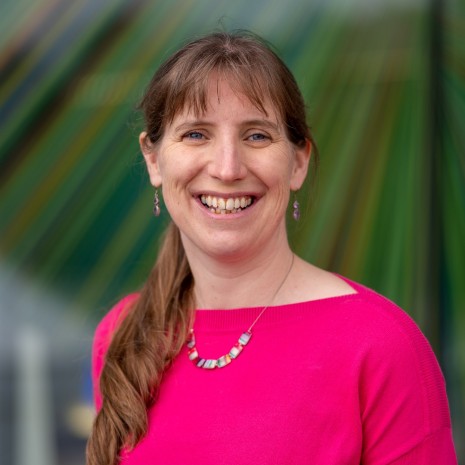
Professor Nicola King
Nicola King is Principal Fellow of Advance HE and a National Teaching Fellow. She is also Associate-Pro Vice Chancellor for Education in the Faculty of Environment, Science and Economy. In this role, Nicola has championed compassionate leadership and developed new ways to support education and pedagogy within the faculty. She is committed to broadening student opportunities both through widening access to university and understanding predictors of success in order to address awarding gaps.

Dr Andrew Pye
Andrew is a Principal Fellow of the HEA and a National Teaching Fellow. He is an Associate Professor in the Centre for Ecology and Conservation on the Penryn Campus, where he is Co-Director for Inclusivity and Senior Tutor. His approach to education is based on student-centred learning and humanistic psychology (humanistic psychology is a perspective that emphasizes looking at the whole person, and the uniqueness of each individual), as such supporting both staff and students is central to his identity as an academic.
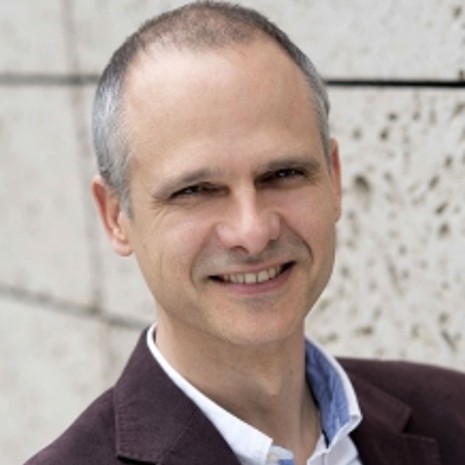
Professor Richard Smith
Richard Smith is Professor of Health Economics, Deputy Vice Chancellor for Strategy Integration and Resources, and Principal Fellow of the Higher Education Academy. He has experience with a wide range of economic methods, including micro-, macro-, behavioural-, and political-economic techniques, applied to various areas, from health outcome assessment to antibiotic resistance. In the last decade he has especially pioneered the macro-economic modelling of communicable and non-communicable diseases, the economic analysis of the impact of trade and trade agreements on health and health care across a range of areas, and assessment of fiscal measures related to public health, including collaboration in the evaluation of the UK 'sugar tax'.
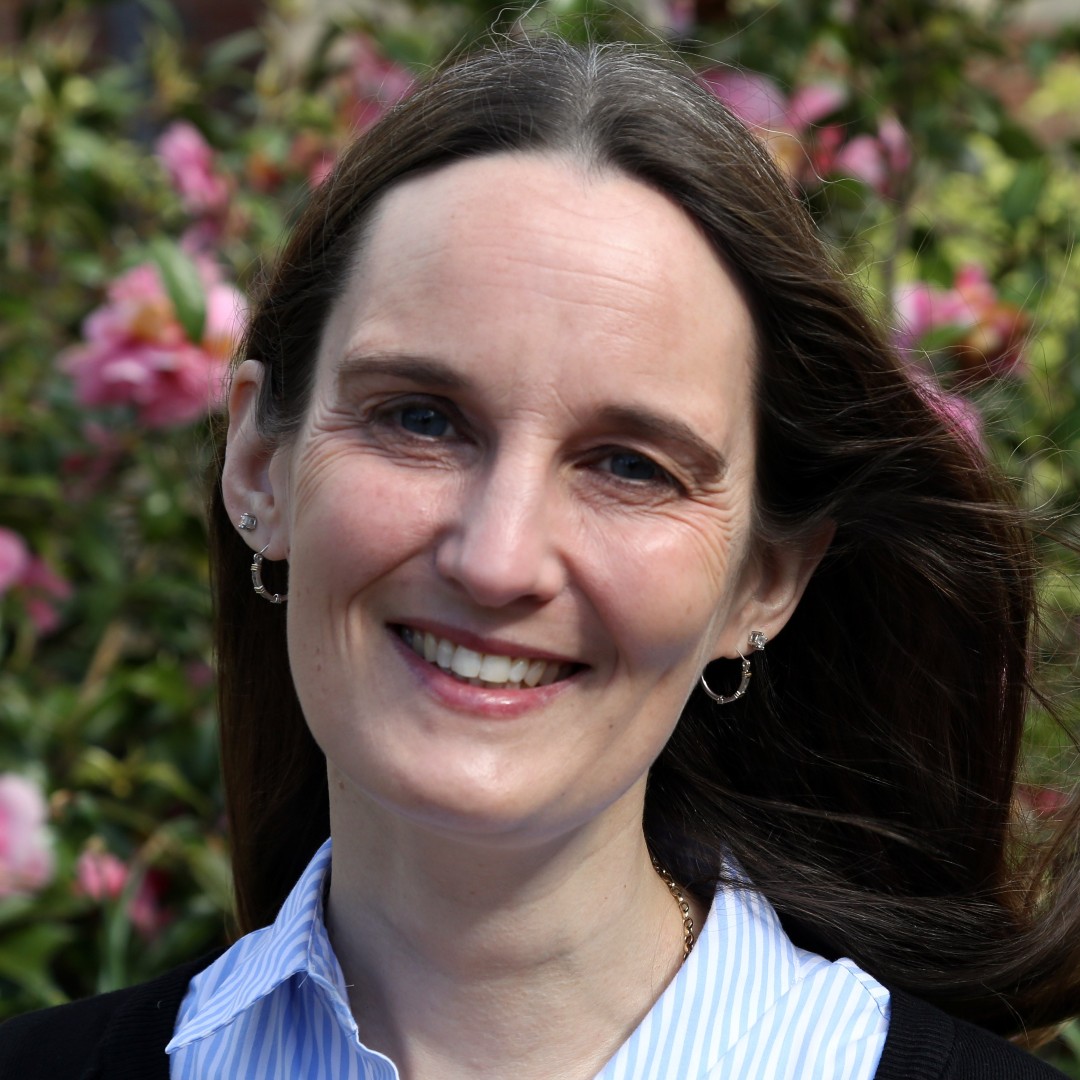
Dr Dawn Lees PFHEA FRGS FRSA
Dawn has a PhD in Palaeoclimatology and Palaeoecology. After working as a lecturer in Physical Geography for several years, Dawn changed career and for the past twenty years has been leading employability activity at the Career Zone. Dawn now leads the Student Employability and Development Team. This functional area is comprised of four teams totalling 45 staff, all of whom are involved in the delivery of employability and careers education, advice and guidance to students from all levels disciplines and levels of study. Dawn is an active member of the university’s Centre for Social Mobility, and the Deputy Chair of the Progression Working Group and sits on the Under-Represented Students Group. Recognising sustainability, social justice, enterprise and entrepreneurship as key issues that our graduates need to engage with to become the leaders of the future, Dawn has embedded these into the employability and careers curriculum. The team has won several national and international awards for the programmes we run. Dawn has mentored many Aspire applications at all levels and is a regular panel member and Chair of panels.

Dr Damien Mansell
Damien Mansell is an Associate Professor of Geographical Information Science. His teaching philosophy incorporates teaching goals that focus on skill development and student attributes that are actively sought, in a fast-changing graduate workplace. He is passionate about developing geospatial insights, particularly in the environment and sustainability. He is Principal fellow of the Higher Education Academy (2020) and has won awards for his teaching on innovative applications of technology for web mapping, developing teaching tools for immersive interactive environments, and on work in educational videos. He is programme director for BSc Geography with Applied GIS and MSc Geographical Information Science and co-Director of Education and Student Experience in Geography.

Professor Andrew McRae
Andrew McRae is Professor of Renaissance Studies in the Department of English; and Dean of Postgraduate Research and the Exeter Doctoral College until January 2024. He has previously served as Associate Dean, Education, in the College of Humanities, and Head of English. Andrew is a Principal Fellow of the Higher Education Academy, a fellow of the English Association, and was a member of the REF 2021 English sub-panel. He maintains 'A Head of Department's Blog' and tweets @McRaeAndrew.

Professor Tim Quine
Professor Tim Quine is the Vice-President and Deputy Vice-Chancellor (Education & Student Experience) and a Professor of Earth System Science at the University of Exeter. As the Vice-President and Deputy Vice-Chancellor Education and Student Experience, Tim’s brief encompasses the Education Strategy commitment to Success for All our Students and encompasses the undergraduate and taught postgraduate student journey from arrival, through excellent teaching, learning and assessment, to the next stages in graduate life. Tim undertakes research in Earth Surface Science that focuses on perturbation of the terrestrial carbon cycle by soil erosion and sediment deposition and the implications for the delivery of wider ecosystem services. Over 60% of his papers have been written with international collaborators, including from universities and institutes in China, India, Zimbabwe, Lesotho, Bolivia, Saudi Arabia, Australia, New Zealand and many European countries.

Professor Sue Prince
Sue is a Professor in the School of Law and passionate about impactful education, especially experiential and authentic learning. Sue has been awarded a University Fellowship Award for Excellence in Teaching and has previous experience of education management at university, faculty and departmental level, having been Associate Dean for Students, Associate Dean (Education) in the School of Social Sciences and International Studies and Director of Education in Law. Sue has worked with students on a variety of local and national projects and is particularly interested in clinical opportunities that increase access to justice and public legal education and the impact of AI and technology on the future of work and the future of education. Sue's research area is in mediation and alternatives to traditional justice which involves the use of technology to rethink the role of courts in England and Wales. She sits on the Learning and Development Steering Group of the Law Society and is an editor of the journal Law Teacher.

Professor Alex Harding
Alex has worked as a GP in Exeter for the last twenty years as a partner in a city centre practice. He is involved at the Medical School as a Sub-Dean, making sure the community part of the medical school programme (about 25%) runs smoothly. He is also involved in curriculum development and innovation and is course director of the Masters in Clinical Education and also Principles of Primary Care International.

Dr Greta Bosch
Dr Greta Bosch is the Director of International Programmes. She is a member of the Taught Faculty Sub-Committee. Her research interests lie in International Human Rights Law, specifically Equality, non-discrimination and affirmative action. In 2019, Greta was awarded a Principal Fellowship of the Higher Education Academy for her sustained record of impact at a strategic level in relation to teaching and learning, and her wider commitment to academic practice.

Professor David Boughey
Professor David Boughey joined the University of Exeter Business School in 2009 and in September 2021 completed a second term as Associate Dean for Education. While Professor Boughey’s primary interests have been in enhancing teaching, learning and the student experience, he’s continued his research into the firms that equipped and ran Britain’s overseas railway empire. He is currently working on an assessment of the formal transfer of railway technology between Britain and India in the 1950s.

Professor Beverley Hawkins
Professor Beverley Hawkins researches and teaches in the field of leadership/management practice, learning and development; her work often focuses on how people ‘make things happen’. She is especially interested in the experiences of those leading themselves and others through times of transition, and in experiences of leadership learning and development.
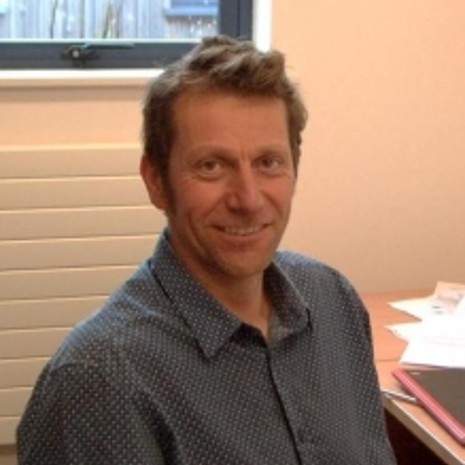
Professor Justin Hinshelwood
Justin Hinshelwood is an associate professor in the Renewable Energy team and he has a background in biophysics, software engineering and integration of renewable energy technologies. He has a interests in sustainable transport, microgeneration technologies, integration of renewables, fluid dynamics and computational modelling and simulation.

Professor Alex Janes
Prior to joining the university, Alex gained over 20 years’ management experience in both the public and private sectors. His commercial career included working in a range of diverse industries from antiques, tourism and electronics, to telecoms, trade exhibitions and education. He has worked in senior management roles and at board level in both an interim and permanent capacity for much of his career.
.jpg)
Professor Maria Rosaria Marsico
Maria Rosaria Marsico is presently Associate Professor of Strucural Dynamics and conducts research in Earthquake Engineering, Structural Dynamics, Structural Health Monitoring, Control Systems and Energy Dissipation.

Professor Anna Mountford-Zimdars
Anna is a PFHEA, Professor of Education and Joint Founder and Director of the Centre for Social Mobility. Anna's work uses theoretical, quantitative, qualitative and mixed methods research to investigate access to and progression within higher education. She is also interested in broader issues of inequality, social reproduction and skills development as well as interventions that work in supporting individuals out of cycles of disadvantage.
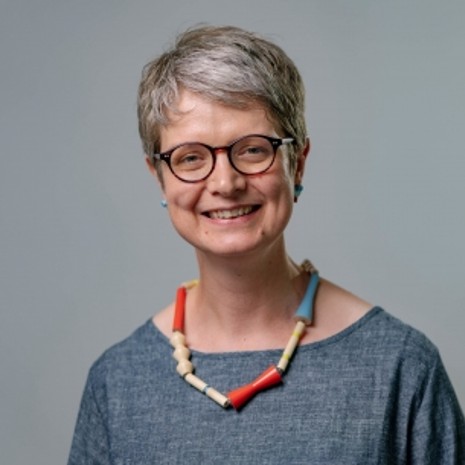
Professor Nicola Thomas
Nicola Thomas is Professor of Historical and Cultural Geography and Head of Geography. She has developed a body of work around craft geographies, situating contemporary and 20th century craft practice within the broader creative economy. Her approach addresses the intersection of material, historical, cultural, social, political and economic contexts through an exploration of craft makers livelihoods and the spatial dimension of their labour. Her research always attends to the historicity of cultural production and consumption, bringing a historical sensitivity to critical understandings of the cultural and creative economy.
.jpg)
Professor Pete Vukusic
Pete Vukusic began Investigating natural structural colour in the University of Exeter School of Physics in 1998. Iridescence and the photonic properties of butterflies and moths was central to the original work but his research has diversified to comprise the photonics of a much broader range of animals and plants. Pete also formed and leads the Biological Photonics research group.

Dr. Matt Finn
Matt Finn explores changes in the contemporary conditions of education, and works to understand how childhood and young people's lives vary globally. He brings this to his scholarship of geographical learning and education which is informed by a participatory action research ethos. As an Exeter Education Incubator fellow Matt worked with students to research experiences of transitions to university following the introduction of the reformed A Levels in England. In a second project he explored 'online resources and narrowcasting the curriculum'. This research informs his contribution to Exeter's Transition and Induction Working Group as part of the Success for All Strategy. He works at the intersection of geography and education to connect different groups nationally, resource educators and students to further develop their capabilities, and promote more inclusive and accessible experiences of geography and higher education. In 2023, he received the Royal Geographical Society's Taylor and Francis Award for demonstrating "excellence in the practice and promotion of teaching in higher education". He is an Associate Professor of Human Geography and co-Director of Education and Student Experience.
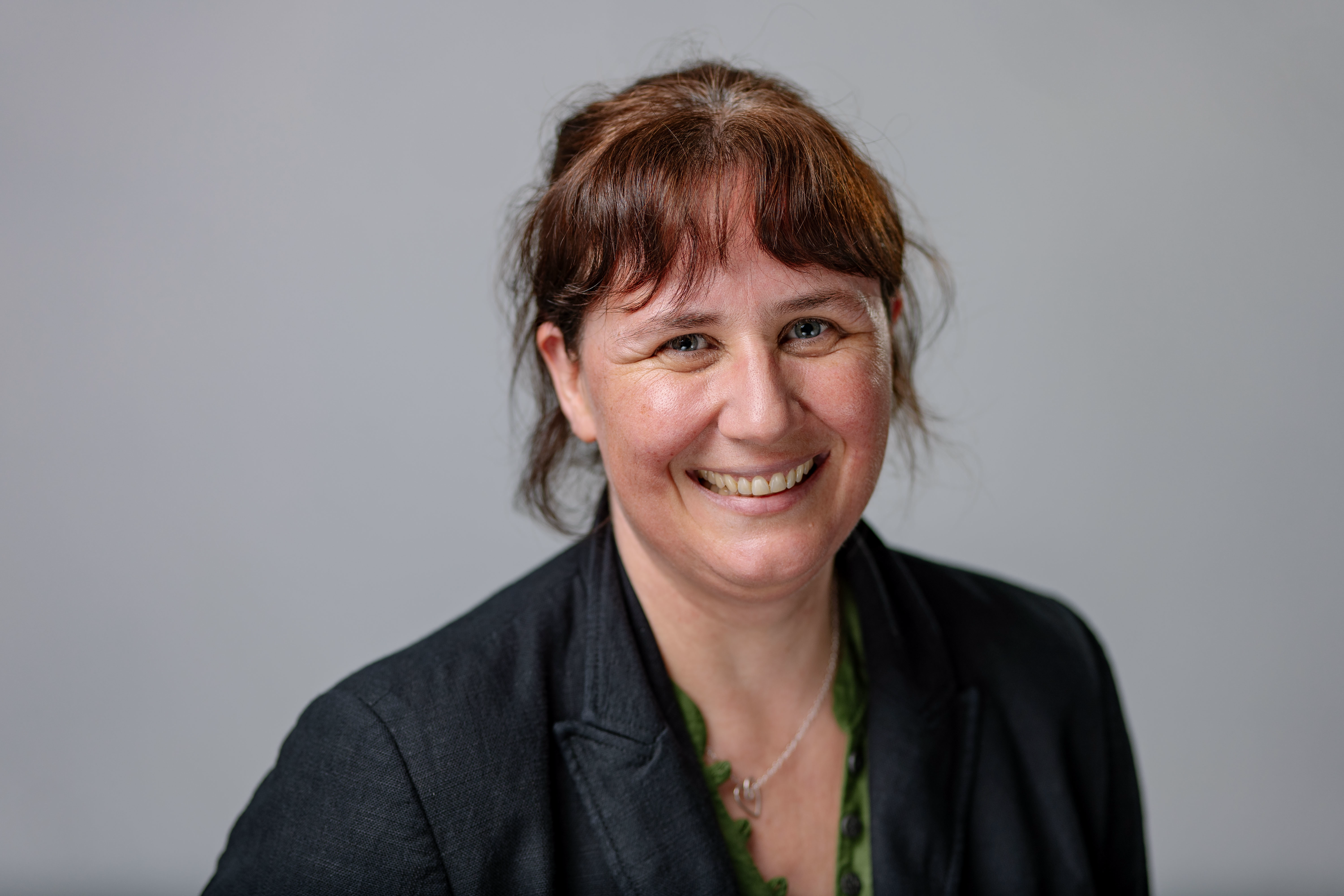
Professor Karen Knapp
Karen is Principal Fellow of the Higher Education Academy and Professor of Musculoskeletal Imaging. Karen has developed a number of programmes during her career including undergraduate and postgraduate provisions in radiography and healthcare. Karen is committed high quality, innovative education and in particular research inspired education. Karen is keen to inspire radiographers and other healthcare students and professionals to practice from the evidence base and to engage in research with an ultimate goal of improved services, diagnostics and patient outcomes.

Professor Vrinda Nayak
Angela is a Principal Fellow of the Higher Education Academy and Associate Professor of Finance with extensive expertise in finance, programme development, and education management. As the Deputy Head of the Finance and Accounting Department and former Director of Education, she has shaped teaching excellence, curriculum innovation, and professional development within the Business School.
Angela led the creation of several transformative programmes, including the pioneering BSc Applied Finance Degree Apprenticeship, the first in the Russell Group. Her work earned professional accreditation, global recognition, and expanded employer partnerships, setting a benchmark for employer-engaged education.
Passionate about enhancing the student experience, Angela has championed research-driven, technology-enhanced teaching approaches that have improved programme rankings and student outcomes. She fosters an inclusive environment for all students, with a focus on international and diverse learners, through data-driven strategies and cross-institutional collaborations.
As a Certified Management and Business Educator, Angela actively contributes to professional networks and frequently advises on best practices in education. Her contributions, recognised through multiple teaching awards, reflect her strategic vision, dedication, and lasting impact on educational practices both within the institution and on a national and international scale.

Professor Angela Christidis
Angela is a Principal Fellow of the Higher Education Academy and Associate Professor of Finance with extensive expertise in finance, programme development, and education management. As the Deputy Head of the Finance and Accounting Department and former Director of Education, she has shaped teaching excellence, curriculum innovation, and professional development within the Business School.
Angela led the creation of several transformative programmes, including the pioneering BSc Applied Finance Degree Apprenticeship, the first in the Russell Group. Her work earned professional accreditation, global recognition, and expanded employer partnerships, setting a benchmark for employer-engaged education.
Passionate about enhancing the student experience, Angela has championed research-driven, technology-enhanced teaching approaches that have improved programme rankings and student outcomes. She fosters an inclusive environment for all students, with a focus on international and diverse learners, through data-driven strategies and cross-institutional collaborations.
As a Certified Management and Business Educator, Angela actively contributes to professional networks and frequently advises on best practices in education. Her contributions, recognised through multiple teaching awards, reflect her strategic vision, dedication, and lasting impact on educational practices both within the institution and on a national and international scale.

Professor Ewan Woodley
Ewan is an Associate Professor of Geography and a Principal Fellow of the Higher Education Academy. He is an environmental social scientist specialising in the construction of climate change and environmental knowledges, with particular interests in the role of social learning. As such, his work explores the role of people’s values and experiences in relation to contested environmental issues. Through his teaching, university and HE sector-wide work, Ewan is interested in engaging people with the climate emergency as a socio-cultural challenge, as opposed to a solely technical problem to be ‘fixed’. He advocates for meaningful debates and transformative practices in higher education to create more environmentally sustainable, accessible and inclusive learning environment.


